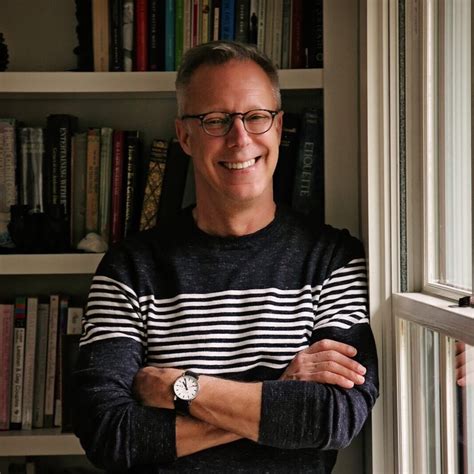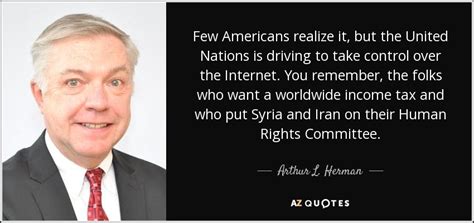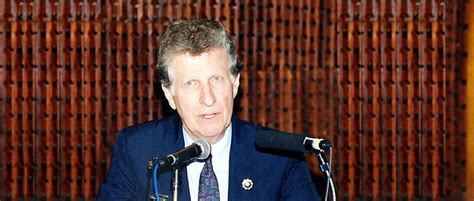A Quote by Dolores Huerta
I wish I could say to all those people who consider themselves anarchists or radicals: Please join the nonviolent movement. This is how Gandhi freed India. If Gandhi freed India, we can certainly free the United States from our racism, misogyny, and bigotry.
Related Quotes
Mandela didn't end Apartheid in South Africa, the poor guy was in jail for 27 years, it was the African people that ended it but he was a symbol of their struggle. Or Gandhi in India, Gandhi was a great believer in non-violence and he was in and out of jail, but India became free. I think it's better to look at what people can do collectively and that's why it's so important to encourage them.
Okay, so here's my question: When did civility become incompatible with protest? Why do some people consider civility an antonym - anathema, even - to political action and dissent? Because, and I'm raising my voice, it's not. Have we forgotten how Mahatma Gandhi used nonviolent civil disobedience to free India from British rule and inspire civil rights movements worldwide?
My main aim in 'Gandhi' was to project him as the vanguard of non-violence. Nowhere in the world has a movement of non-cooperation sans violence received so much support from masses as Gandhi's movement in India did. He was, to a great extent, responsible for freeing his nation from the British Raj.
Gandhi wanted to meet with Churchill, his most bitter foe, when he visited London in 1931- but it didn't happen. Churchill wanted to go to India personally as prime minister in 1942 to negotiate a final settlement on India with Gandhi and the other nationalist leaders - but the fall of Singapore prevented it from happening.
India and Burma have been close friends since the days we were struggling for independence. And I'm a great admirer of Mahatma Gandhi and Jawaharlal Nehru, and all those leaders of India's independence movement. I would like to believe the aspirations and hopes we shared in the past will continue to bind us in the future.
The plan to carve up British India was never approved of or accepted by Gandhi...who realised too late that his closest comrades and disciples were more interested in power than principle, and that his own vision had long been clouded by the illusion that the struggle he led for India's freedom was a nonviolent one.
One hundred years of delay have passed since President Lincoln freed the slaves, yet their heirs, their grandsons, are not fully free. They are not yet freed from the bonds of injustice. They are not yet freed from social and economic oppression. And this nation, for all its hopes and all its boasts, will not be fully free until all its citizens are free.
Indira Gandhi had been this very powerful, dominating, ambiguous mother figure. Ambiguous because she was tyrannical, she had imposed...she had suspended Indian democracy for a few years but she also was the woman who had defeated Pakistan in war at a time when most male politicians in India had secretly feared fighting that war, so that here in India even today Indira Gandhi is called by Indian nationalists the only man ever to have governed India.
For in Asia and around the world, India is not simply emerging; India has already emerged. And it is my firm belief that the relationship between the United States and India - bound by our shared interests and values - will be one of the defining partnerships of the 21st century. This is the partnership I have come here to build. This is the vision that our nations can realise together.




































